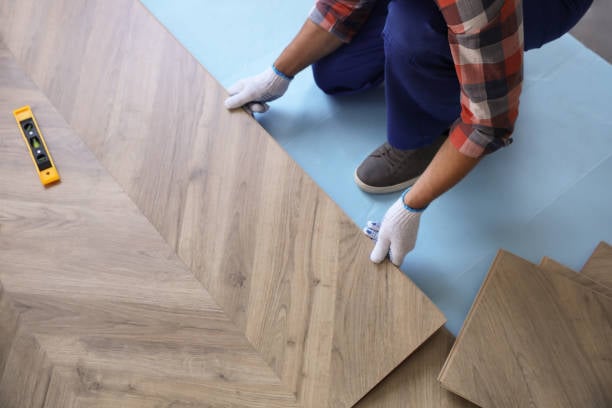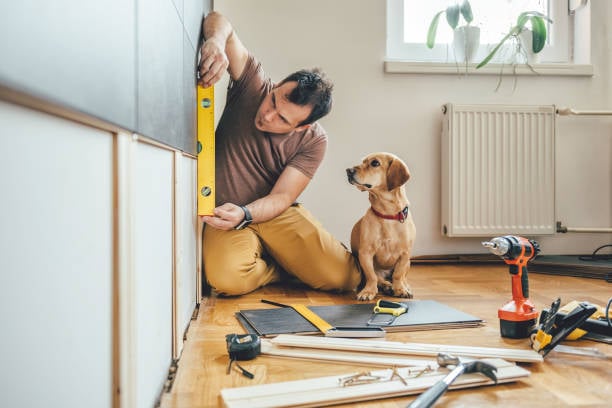Selling a home can be a daunting task, especially when considering what needs to be done to prepare it for sale. It’s easy to get caught up in the idea of making extensive repairs or renovations, but not all improvements will yield a good return on investment. To help you navigate this process more efficiently, let’s explore five things you don’t need to do when getting your home ready for sale.
Don’t Remodel Your Kitchen and Bathrooms
Unless you’ve been planning to remodel these spaces for your own enjoyment, it’s best to avoid undertaking major renovations before selling your home. Buyers may have different preferences when it comes to kitchen and bathroom designs, and what you choose may not necessarily appeal to them. Instead, focus on simple updates like painting in neutral colors, changing hardware, and ensuring thorough cleanliness to enhance the appearance of these areas.

Don’t Replace the Flooring
Similar to kitchen and bathroom renovations, replacing flooring can be a costly endeavor with uncertain returns. Unless your flooring is in extremely poor condition, consider alternatives like professional cleaning or minor repairs instead. Installing new flooring that may not align with buyers’ preferences could end up being a wasted investment.
Don’t Replace the Roof
While it’s essential to address any roof issues such as leaks or damage, replacing the entire roof is often unnecessary. Unless your roof is at the end of its lifespan and poses a significant risk, opt for repairs or offer credit to buyers for future replacement. This approach allows buyers to choose the roofing materials and style they prefer, avoiding potential dissatisfaction with your choice.

Don’t Fix Beyond Neighborhood Value
Avoid over-improving your home relative to other properties in the neighborhood. Upgrades that significantly exceed the standard features of nearby homes may not translate into a higher selling price. Instead, focus on enhancements that align with the neighborhood’s typical amenities and aesthetics to attract the right buyers.
Don’t Fix Partial Repairs
Attempting to mask minor flaws with partial repairs can backfire during the selling process. Buyers may view these repairs as superficial and question the overall condition of the home. It’s better to be transparent about any issues and offer appropriate credits or allowances to address them.
What You Should Do When Selling Your Home
Now that we’ve covered what not to do, let’s explore five essential steps to maximize your home’s appeal and marketability:
- Painting Inside and Out: Refreshing your home with a fresh coat of paint can make a significant difference in its appearance. Stick to neutral colors to appeal to a broad range of buyers.
- Decluttering: Clearing out excess belongings and clutter can make your home feel more spacious and inviting. Less clutter allows potential buyers to envision themselves living in the space.
- Depersonalizing: Minimize personal items such as family photos and mementos to help buyers visualize the home as their own. Creating a neutral canvas allows for easier mental projection by potential buyers.
- Thorough Cleaning: A clean home is essential for making a positive impression on buyers. Pay attention to details such as odors, stains, and overall cleanliness to create a welcoming environment.
- Landscaping Cleanup: Enhance curb appeal by tidying up your outdoor spaces, trimming vegetation, and adding fresh mulch. A well-maintained exterior sets the stage for a favorable first impression.

By focusing on these key steps and avoiding unnecessary renovations, you can streamline the selling process and increase your chances of a successful sale. Remember, the goal is to present your home in its best light while maximizing its market value.
For more tips and guidance on selling your home, feel free to reach out!




